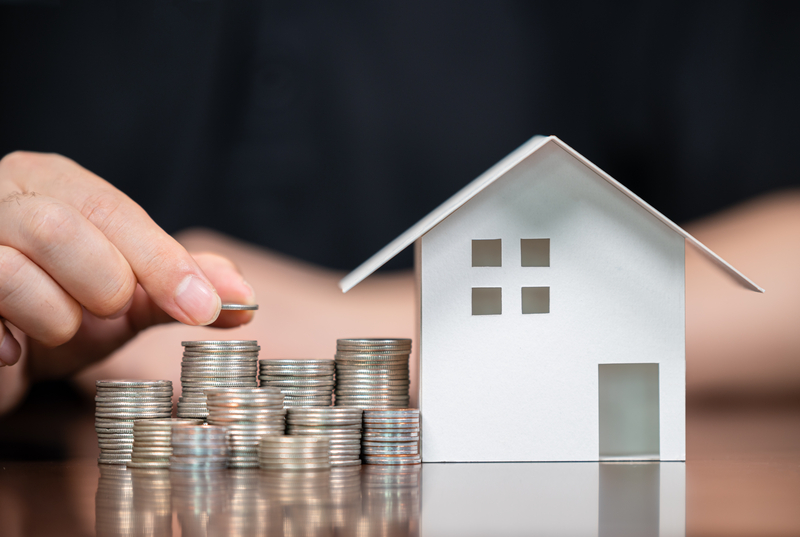When a person first makes the decision to become a homeowner, they often just consider the purchase price.
Unfortunately, not everyone considers all of the hidden and unexpected costs that go along with purchasing and owning a home. This is where some new home buyers get in over their heads and become house poor before even moving in. Take the time to consider the costs and expenses we outline below before you determine how much you’re willing to pay for your new home.
Ok, so you have likely taken the down payment that is necessary to buy the house into consideration, but have you considered the costs of home inspections and closing costs? These fees are typically the buyer’s responsibility but are often not considered when determining budgets and available cash on hand.
What are these fees even for?
The inspection is of extreme importance. This is where you will find out what condition the house is in. Is the electrical up to date? Does the plumbing work? Are there any cracks in the foundation? If the inspection report lists problems that need to be dealt with, you and your agent will have to decide whether to move forward with the purchase or not. What’s included with the closing costs? While these costs may vary depending on the type of loan you choose these fees (which must be paid at the time of closing) will include the application fee, attorney fee, closing fee, credit report fee, appraisal, first year of homeowner’s insurance, title insurance, etc.
There are also monthly (or quarterly) expenses to consider. If you rented in the past, your landlord likely took care of such things as your water bill and repairs. Now that you’re a homeowner, all of these expenses will fall on you.
Homeowner’s insurance and property taxes are often overlooked but add significantly to your overall monthly house payment. Since these costs fluctuate greatly from home to home, be sure to speak to your lender and insurance agent to determine these costs ahead of time so you can budget accordingly.
If you’re purchasing a condo or town house, be sure to take association fees and maintenance fees into account.
Gas, heating, electricity and water are all monthly expenses to consider, and some will fluctuate in cost depending on the season. Be proactive and ask the seller to provide a breakdown of their monthly utility costs in order to get an understanding of what you can expect.
The biggest expenses you need to be prepared for are often the ones you cannot predict — repairs and upkeep.
No matter how well you prepare for the unplanned, unexpected repairs can certainly cause emotional and financial strain. Keep this in mind, especially if you are buying an older home. Often times the asking price of an older home fits into your budget easier than that of a new home. However, older homes often need more frequent repairs than newer homes. So, while the asking price may have seemed perfect, the frequent upkeep might put you over the financial edge.
As you will find out, the above list is just the beginning. There are numerous other costs that you will find yourself responsible for as a homeowner. With strategic planning, you can successfully navigate the hidden costs and unexpected expenses you find along the way.

